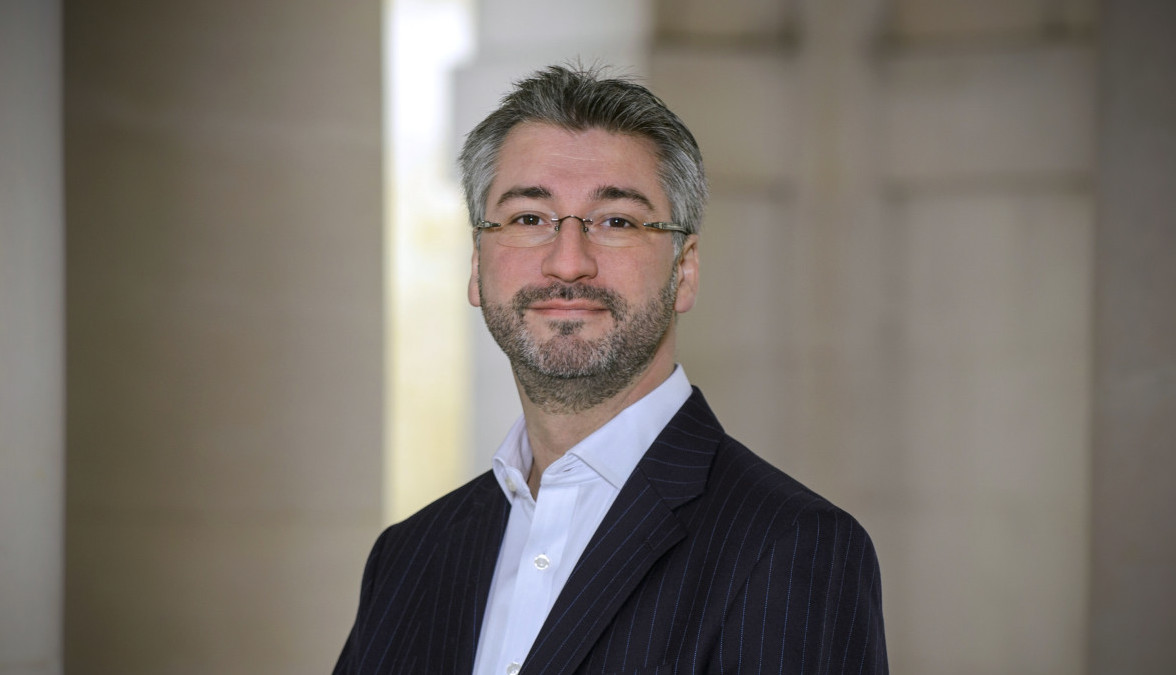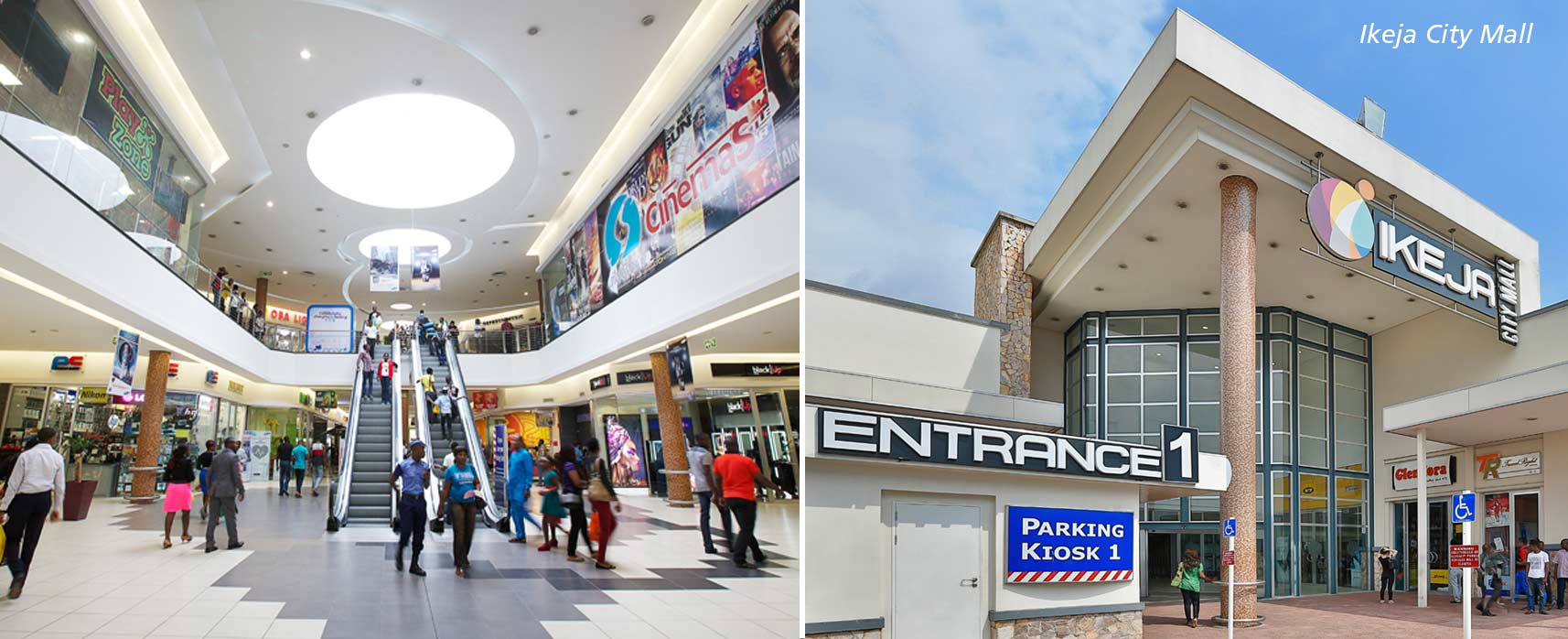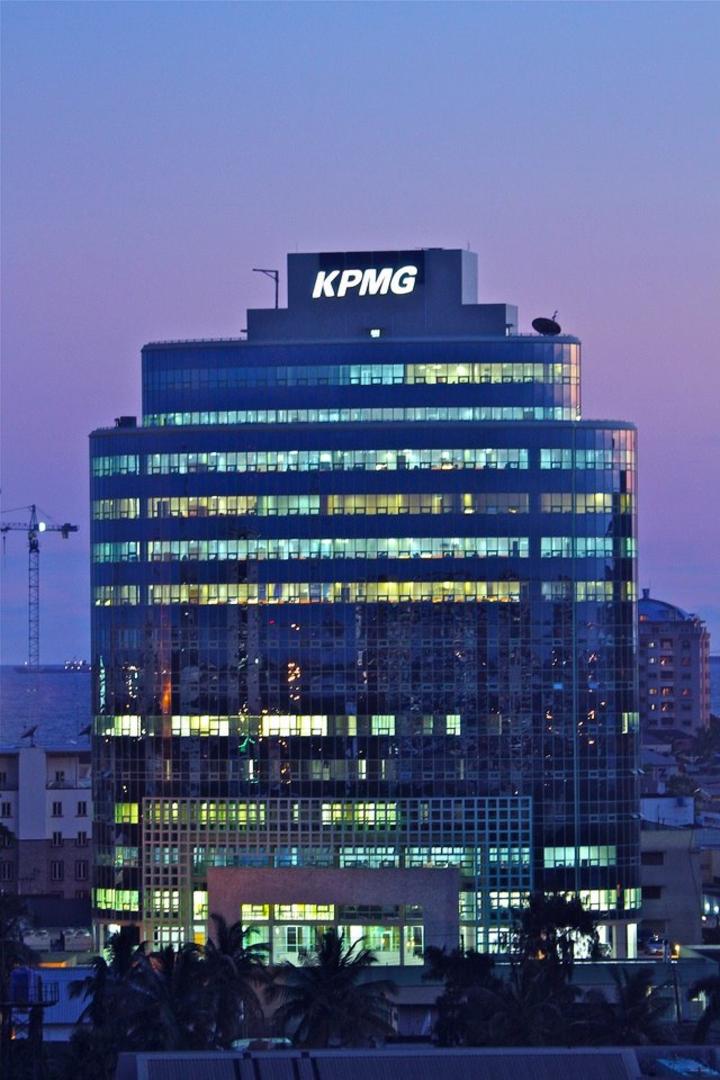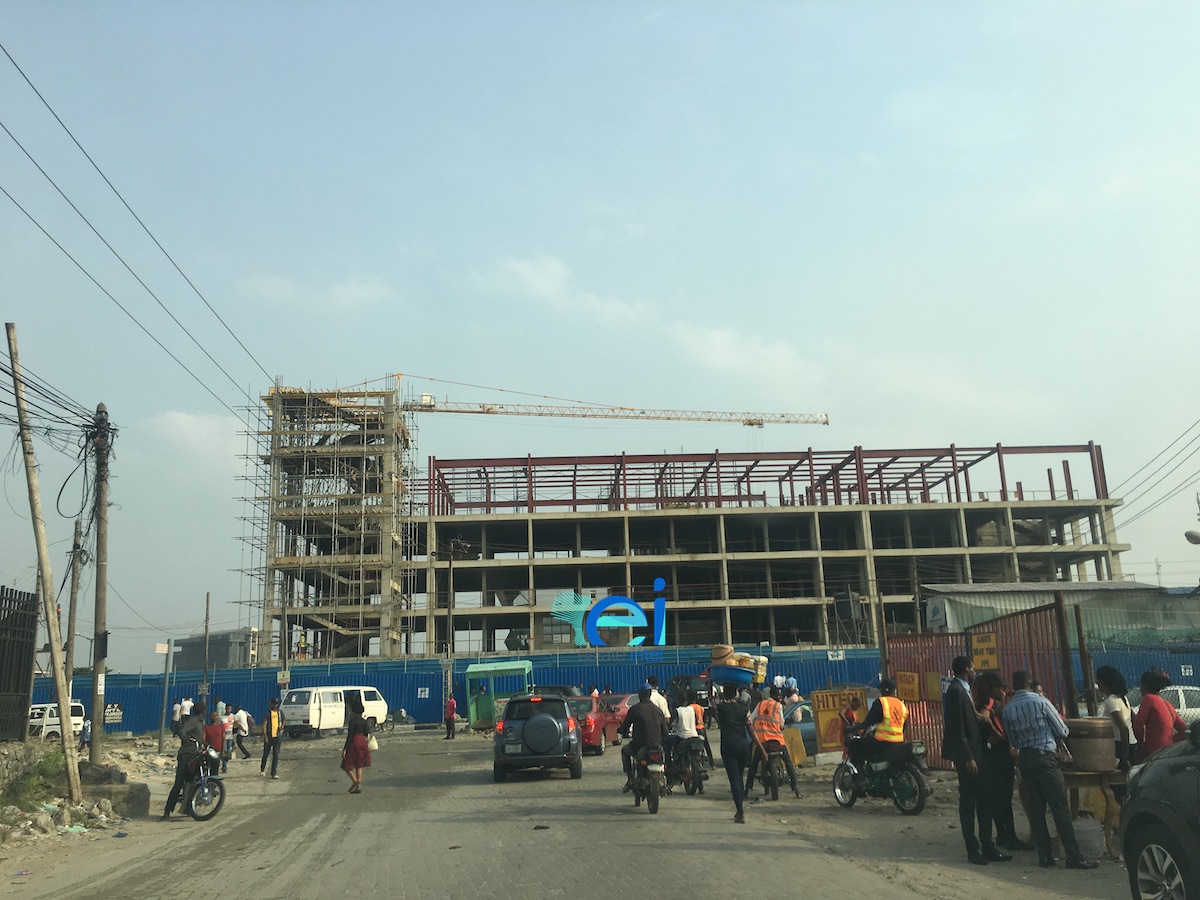ei Profile: Ivan Cornet - Latitude Five
Dolapo Omidire . 8 years ago
premium

Share this post
Subscribe to our newsletter
This week we had a chance to speak with Ivan Cornet, Managing Partner of Latitude Five, an investment and advisory firm operating in West Africa from its offices in Abidjan, Côte d’Ivoire and London, United Kingdom. From its inception in 2012 through their Abidjan office, as well as a strong network of affiliates in key…
This week we had a chance to speak with Ivan Cornet, Managing Partner of Latitude Five, an investment and advisory firm operating in West Africa from its offices in Abidjan, Côte d’Ivoire and London, United Kingdom. From its inception in 2012 through their Abidjan office, as well as a strong network of affiliates in key jurisdictions across the West African region, Latitude Five has focused on enabling investors and operators to achieve their business potential, apply international standards and best practice and lower execution risk.
During our exclusive discussion with Ivan, we dove straight into the effect of the fall in commodity prices on the market, investment appetite in the West African hospitality industry and how his firm gathers accurate intelligence in such an opaque market.
With your experience in mining, and your intelligence on the global commodities market, what is your view on the slump in commodity prices, and its effect on the revenue and currency of West African economies with heavy reliance on these resources? How will they affect real estate investment in these countries?
The collapse of commodity prices has hit promising West African destinations, such as Nigeria and Ghana, adversely impacting on currencies and foreign investment in construction and real estate. Heavily minerals-reliant economies such as Mali and Burkina Faso, also contending with increased political risk, have been significantly impacted in all economic sectors. Some West African countries have however fared better than others in a context of economic volatility. Côte d’Ivoire’s economy, for example, is expected to grow by 8.4% in 2016 (IMF), showing one of the strongest GDP growths in Africa. Its limited reliance on hard commodities, as Côte d’Ivoire’s dominant exports remain agricultural products, the support of a regional financial and currency union pegged to the Euro and aggressive economic diversification policies are some of its differentiating factors. This growth is an important lever for the construction sector which has reached sustained double-digit growth over the last few years, in both public and private investment.
The flurry of planned entries of international hotel brands like Fairmont, Mövenpick, Marriott and others, points to investors appetite in the upscale hospitality segment of the hotel market. Why do you think there is an opportunity in budget and mid-scale hotels?
The hospitality sector is booming across Sub-Saharan Africa, with a strong focus on West Africa and in particular Nigeria, Ghana and Côte d’Ivoire. The main growth drivers are known: an expanding economy, rapid urbanisation and a growing middle class. The main focus of the major global hospitality companies such as Carlson Rezidor or Hilton was until recently the development of 4 or 5 stars hotels. With sustained increases in regional trade and the development of local tourism, the mid-scale and budget hospitality sector is also proving to be a strong investment opportunity. This is already evidenced by the growing stake being taken in this segment by global brands, such as Carlson Rezidor’s Park Inn or Accor’s Ibis franchises. Another emerging trend that should not be disregarded is the strong development of regional brands such as Azalaï, Onomo or Noom. In many cases, modular construction methods are an important part of the strategy, as controlling construction costs and delivery time frame is key to the profitability of these assets.
Finally, given that you provide advisory for institutional investors, what framework do you utilise in gathering accurate intelligence across sectors and countries in which you operate?
One of the challenges to international investors or operators developing their activities in many of these markets is access to rigorous and accurate market information. Desktop country or sector reports, often based on unreliable open-source information, only provide a general overview which is insufficient to make an informed investment decision. In West Africa, as in most of emerging markets, local knowledge remains crucial for decision-making and sound implementation. We invest significant time and effort into our knowledge base, keeping track of assets, trends and local and regional players in construction, development and real estate finance, and consistently place quality and ethics at the centre of our work and collaboration with affiliates.
Ivan will be attending the West Africa GRI Conference in Lagos from the 17th – 18th of February 2016, where he will be the moderator for the discussion – ‘Francophone West Africa – Is now the right time to invest or still too much risk?’
Related News
You will find these interesting

Dolapo Omidire . September 24, 2020
actis
africa

Dolapo Omidire . August 03, 2020
nigeria
premium

Dolapo Omidire . January 29, 2020
clinic
healthcare